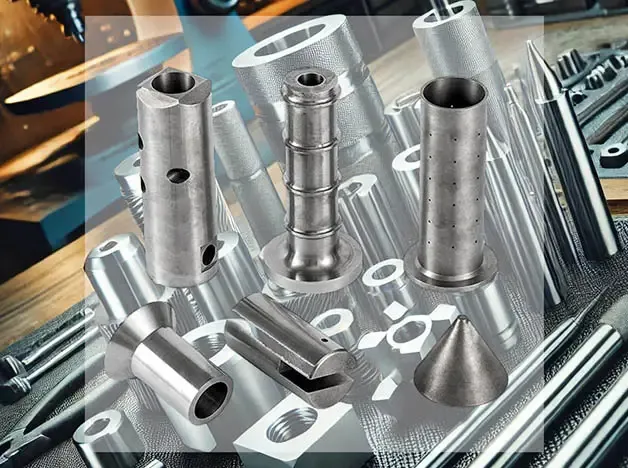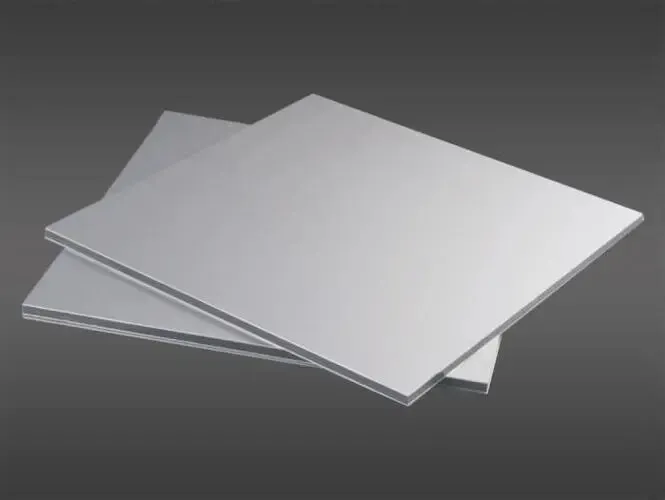Titanium has long been celebrated for its remarkable strength-to-weight ratio, exceptional corrosion resistance, and biocompatibility, making it a top choice across aerospace, medical, chemical, and automotive industries. Yet, not all titanium is created equal. Selecting the right titanium grade is essential to maximize performance, longevity, and cost-efficiency for your specific application.

Titanium grades generally fall into two categories: commercially pure (CP) titanium and titanium alloys. Each category has unique properties suited to different industrial needs.
CP titanium is prized for its excellent corrosion resistance and high ductility.
Grade 1: Offers the highest corrosion resistance but lower strength. Ideal for chemical processing and marine environments.
Grade 4: Provides higher strength while retaining good corrosion resistance, suitable for aerospace and structural applications.
Alloyed titanium, such as Grade 5 (Ti-6Al-4V), combines strength, toughness, and lightweight properties. These alloys are often preferred for high-performance applications like aircraft components, medical implants, and sports equipment.
When selecting the right titanium grade, manufacturers should consider:
Mechanical Requirements
Assess the necessary strength, ductility, and toughness. Structural or load-bearing components often require alloyed grades, while non-structural parts may perform well with CP titanium.
Corrosion ResistanceConsider the operating environment. CP titanium excels in saltwater, acids, and chemical exposure, whereas some alloys may need protective
coatings in highly corrosive conditions.
Weight Constraints
Titanium’s low density is a major advantage in aerospace and automotive applications. Alloyed grades provide enhanced strength without significant weight increase.
Fabrication and Welding
Ease of machining, welding, or forming varies by grade. CP titanium is typically more ductile, while certain alloys require specialized equipment and expertise.
Cost Efficiency
Alloyed titanium offers superior performance but at a higher price. Balancing budget and performance ensures optimal value.

Consult Material Standards: Reference ASTM or ISO standards for accurate grade properties and compliance.
Understand Application Demands: Choose a grade that meets both current and future environmental and stress requirements.
Work With Experienced Suppliers: Reliable suppliers can offer expert guidance and help source the most suitable titanium grade efficiently.
Choosing the right titanium grade is a strategic decision that directly impacts product performance, safety, and cost-effectiveness. By understanding the properties of different grades and aligning them with your application needs, manufacturers can ensure their titanium products meet the highest industry standards.
Share this page
If you have any product needs or questions, please leave us a message for consultation.
TEL: 86-18623759992
jason@bettmetal.com
Innovating Materials
for a Brighter Future